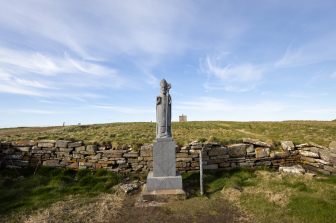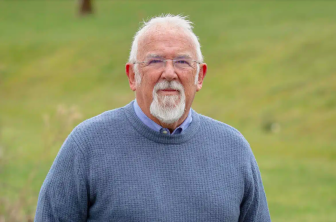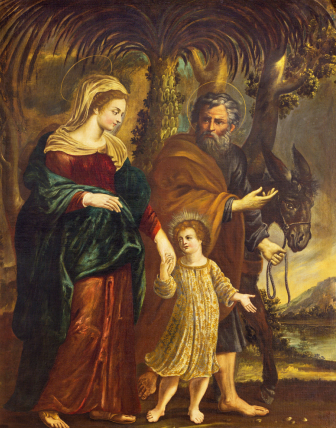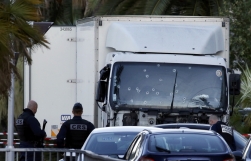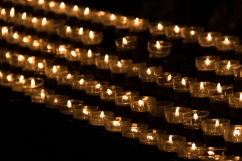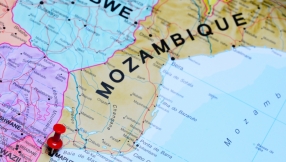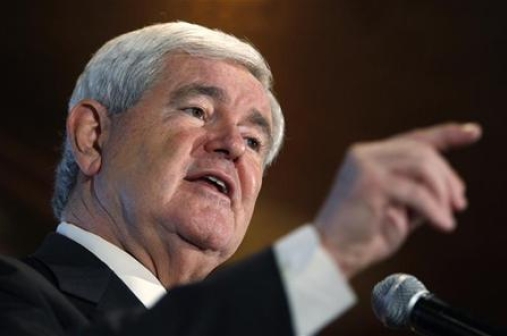
A row over the place of Muslims in society and Sharia law has erupted in the US after last night's apparent terror attack in Nice which left over 80 people dead.
Newt Gingrich, a senior Republican and former Speaker of the House of Representatives, has said that anyone of "Muslim background" who is found to believe in Sharia law should be deported.
Gingrich, who has endorsed Donald Trump as the Republican presidential candidate, told Fox News: "Western civilisation is in a war. We should frankly test every person here who is of a Muslim background, and if they believe in Sharia, they should be deported. Sharia is incompatible with Western civilisation. Modern Muslims who have given up Sharia, glad to have them as citizen... But we need to be fairly relentless about defining who our enemies are."
Reaction in the UK is, not for the first time, very different.
Paul Hendricks, the Catholic Auxiliary Bishop of Southwark, told Christian Today: "The thought that is going through my mind is how I'd feel if some lunatic did something like that and it was automatically blamed on Christians. It must make Muslims very anxious about the conclusions that people draw."
Bishop Hendricks said of Gingrich's comments: "It is easy to understand people overreacting but that does seem over the top to me." He added that the remarks "equate Sharia law with Islamic terrorism" and cited the row over Rowan Williams's comments on Sharia law in 2008.
Dr Williams, then Archbishop of Canterbury, was engulfed in a controversy of a different sort when he suggested that aspects of Sharia relating to tribunals might be incorporated into civil law, providing an alternative means of addressing civil law disputes, as is the case with Jewish law.
Dr Williams has since reflected on the row, saying in comments that resonate today: "I think what it did bring home to me was the degree to which we love to have people making our flesh creep. The scapegoating, the anger. It's a worrying thing because it depends on keeping crisis at the forefront of everybody's mind. And actually it blocks out the ordinary, prosaic continuities. You know, ask a churchgoer in, say, a northern town what he or she thinks of their Muslim neighbours in the same street or the next street, and I should think in nine out of ten [cases] people say: 'Well, they're our neighbours - we do these things together; we don't do these things together.'"
In the US, discussing the Nice attack, Trump himself told Fox News: "If it is indeed radical Islamic terrorism, it's about time that [President Barack Obama] would say so, OK? It's about time, because you're never gonna solve this problem unless you're gonna define it. People would sigh with relief. If it's radical Islamic terrorism, he oughta say it."
But a spokesman for the British inter-faith organisation Faith Matters struck a very different note, saying this was a time for different faith groups to unite. "We hope that communities may come together and re-enforce the very values that were being celebrated in France," the spokesman said. "Equality, liberty and fraternity underpin all that we regard as being central to our societies and communities and this means that we cannot allow extremists and terrorists to divide us. When we grieve for those who have died and suffered in Nice, we must honour them by holding onto these values and cherishing them, whilst we redouble our efforts against extremism and terrorism. Our thoughts are with those in France and those in Iraq, Turkey and the many countries that have been affected by terrorism."
